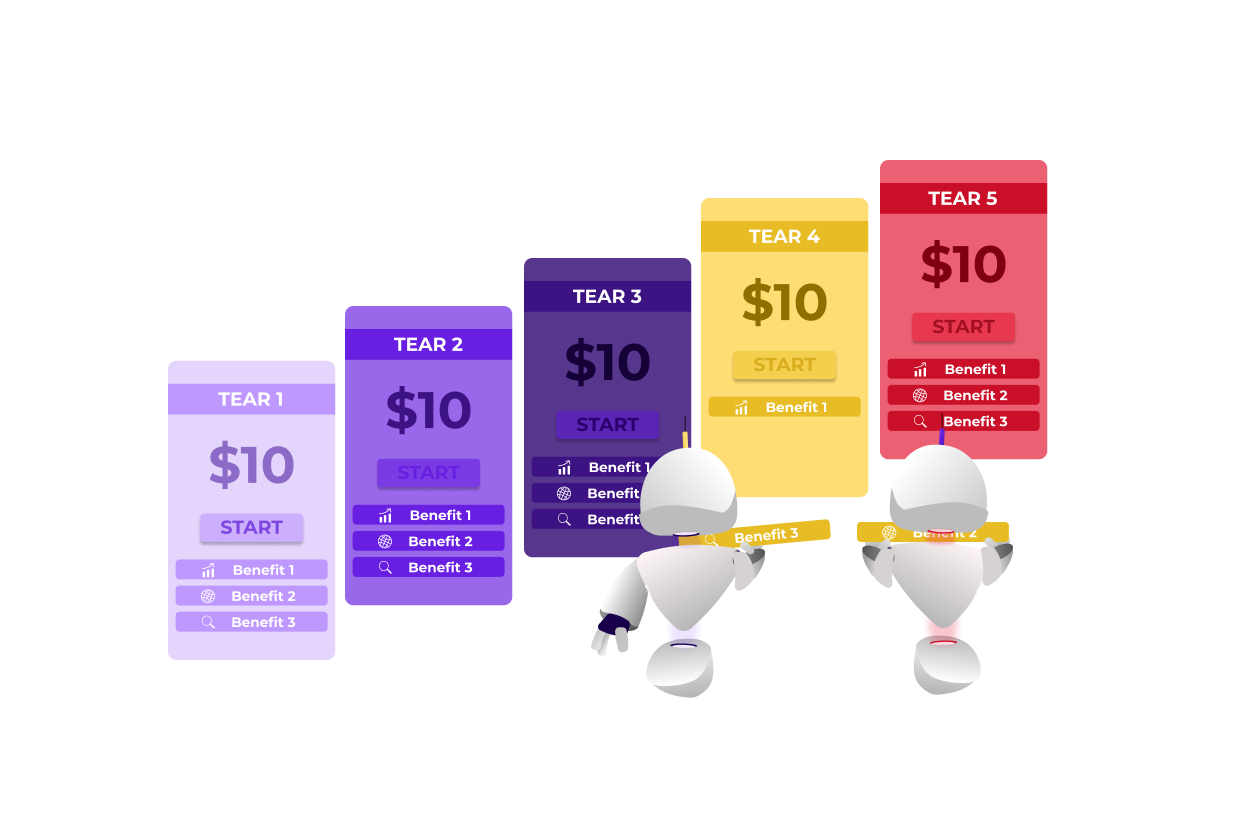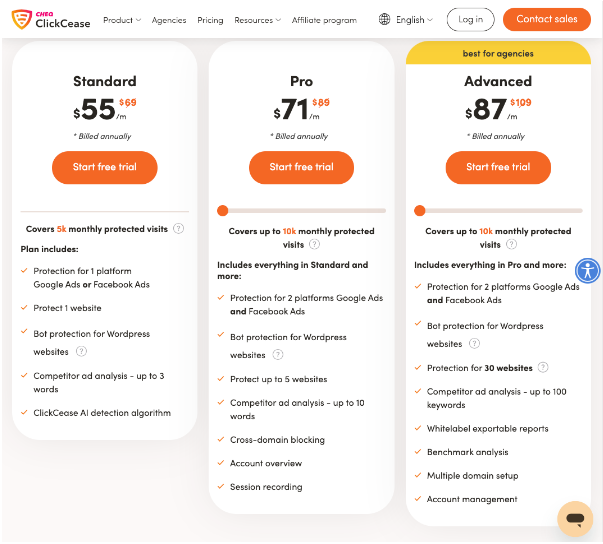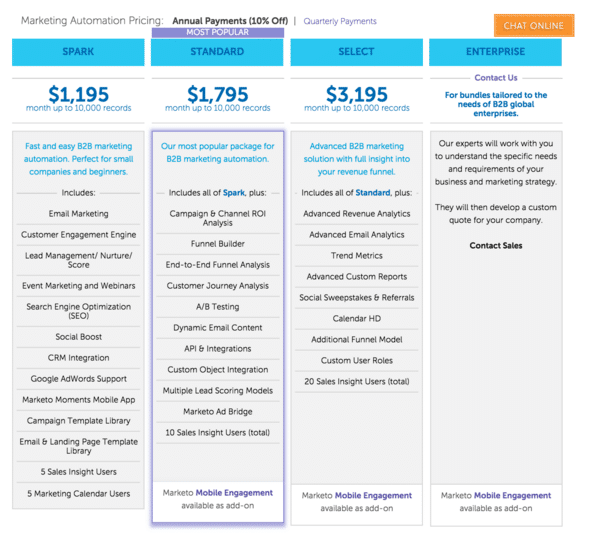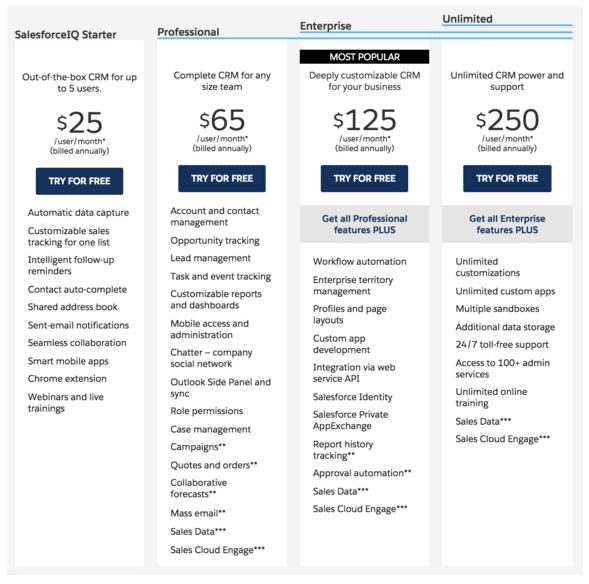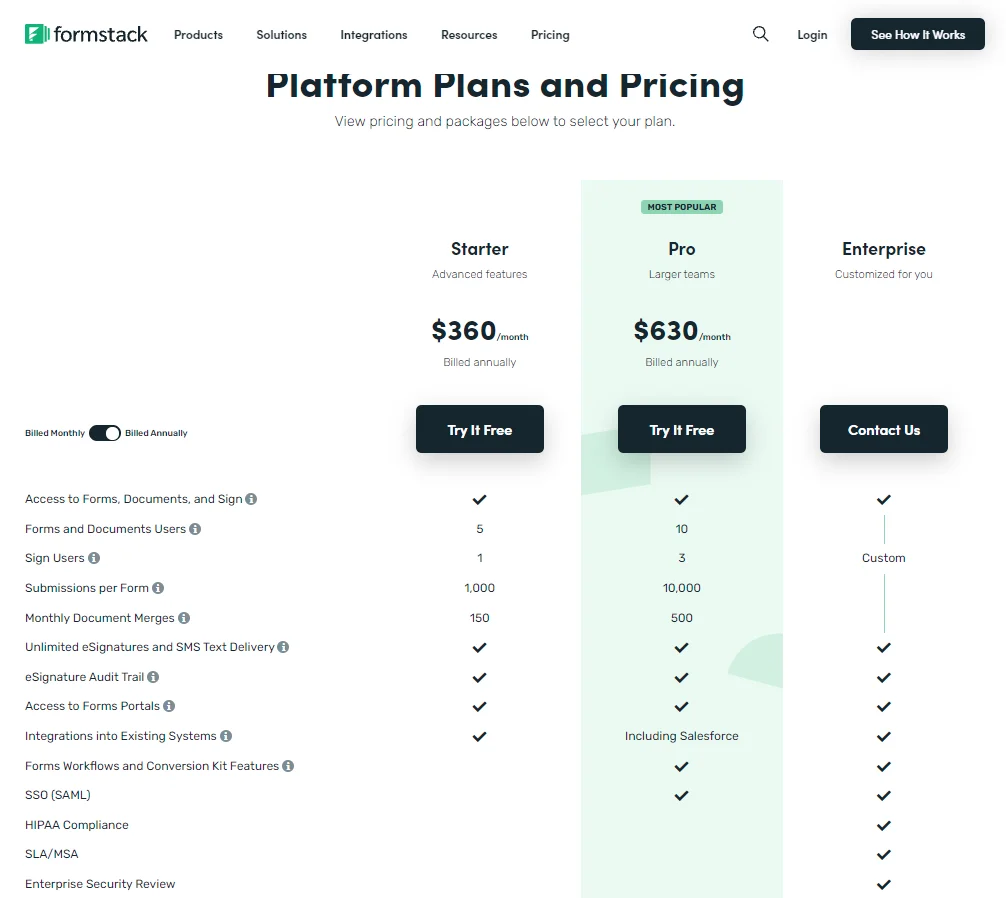Pricing models for certification courses commonly include one-time payments, subscription models, freemium/free trials, bundle pricing, and tiered pricing. Tiered pricing is especially popular, offering multiple access levels at different price points to cater to diverse learner needs and budgets.
Tiered pricing typically involves:
- Basic tier: Core course content only, often at the lowest price point.
- Standard tier: Core content plus extras such as community access, digital credentials, or certificates.
- Premium tier: All standard features plus live sessions, one-on-one coaching, or personalized support.
This structure allows learners to select the level of engagement and support they want, increasing accessibility and revenue potential. For example, a basic tier might cost around £27-97 for mini-courses, while premium tiers for comprehensive courses can exceed £2,000, especially when including live coaching and credentials.
Pricing ranges and factors:
- Mini-courses (1-2 hours): £27-97
- Standard courses (2-10 hours): £97-497
- Comprehensive courses (10+ hours): £497-2,000+
- Adding live sessions can increase prices by 30-50%
- One-on-one coaching can double the price
- Digital credentials add 20-40% perceived value
Other pricing models include:
- One-time payment: Single fee for lifetime access, common for comprehensive courses (e.g., Udemy).
- Subscription model: Recurring fees for ongoing access to one or multiple courses, suitable for platforms with continuous updates or many courses.
- Freemium: Free access to basic content with paid upgrades for advanced features (e.g., Codecademy).
Examples of tiered pricing in practice:
- Teachable allows creators to offer basic, intermediate, and premium packages with increasing features and prices.
- Successful courses often price between £200-500 to balance quality perception and accessibility.
Certification courses often add value through:
- Official certification upon completion
- Access to templates, frameworks, and case studies
- Lifetime access with updates
- Exams to validate knowledge
In summary, tiered pricing models for certification courses provide flexible options that align price with value delivered, enhancing both learner satisfaction and revenue optimization. Pricing should reflect course length, content depth, added features, and target audience sophistication.

